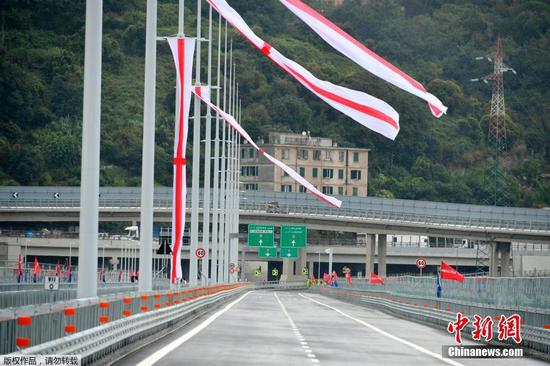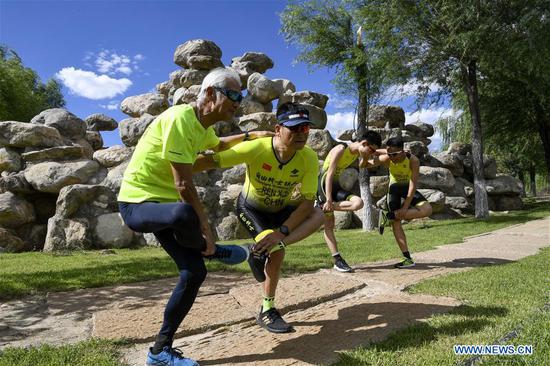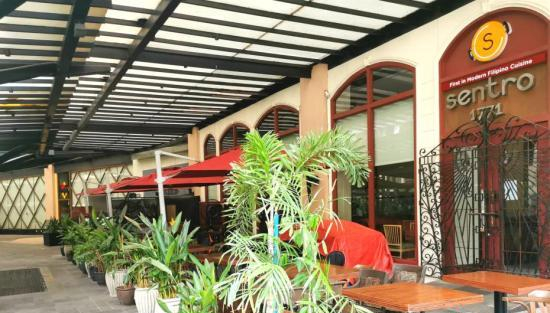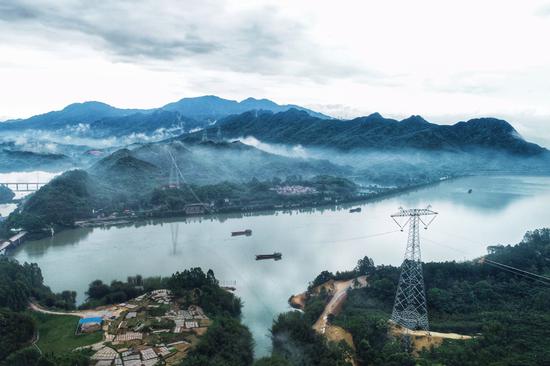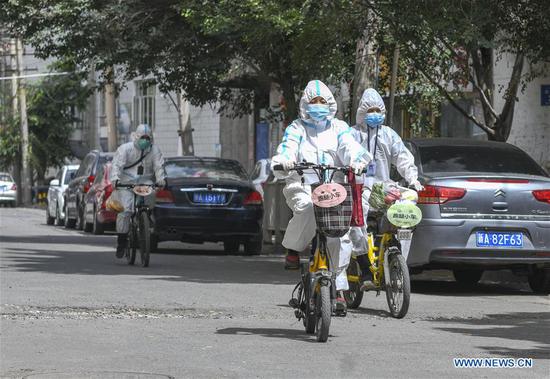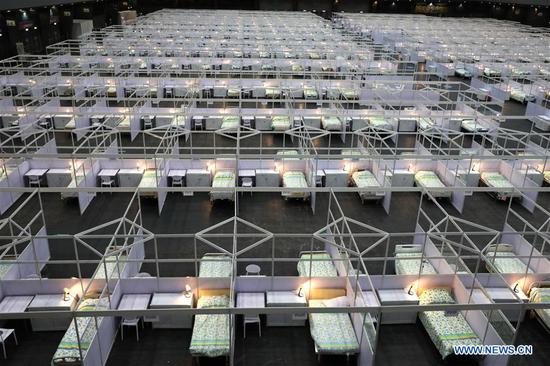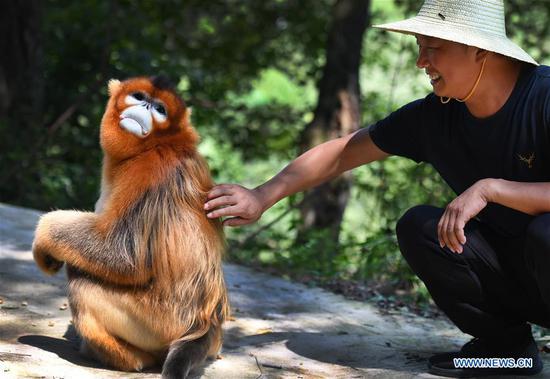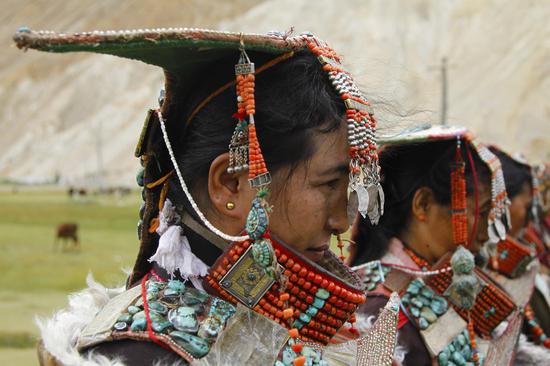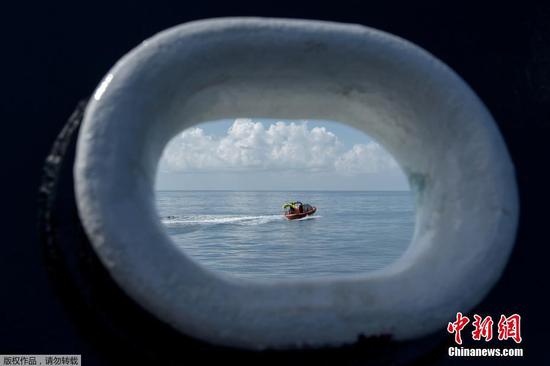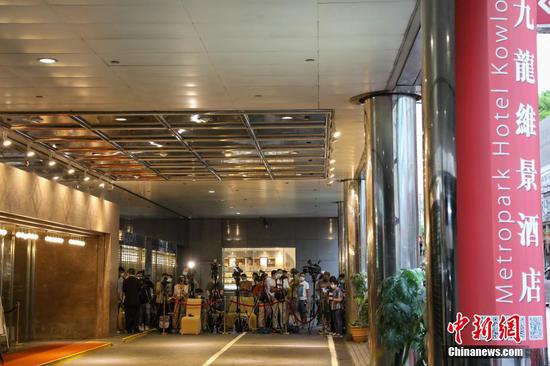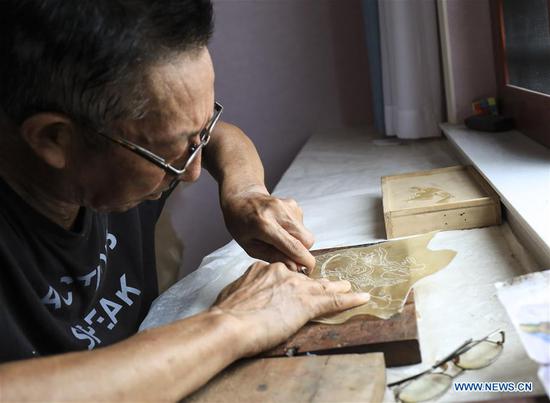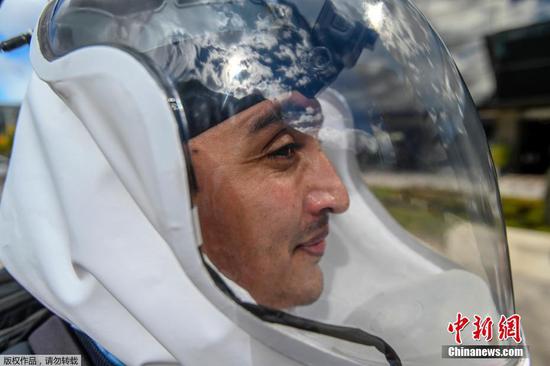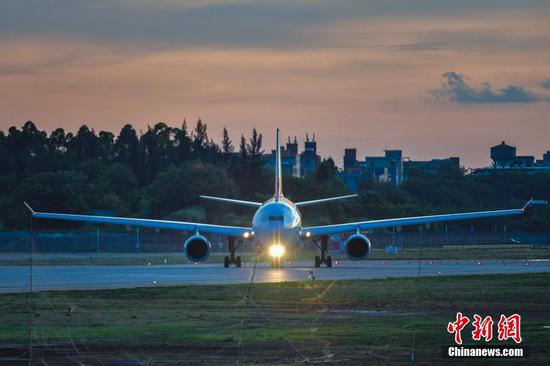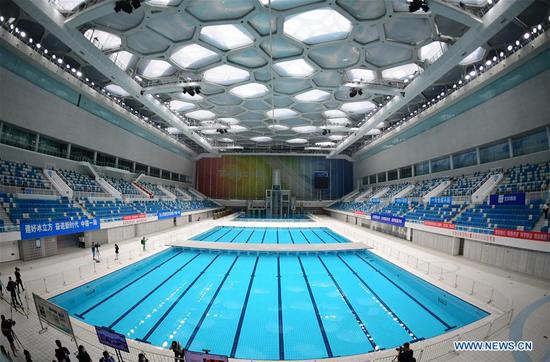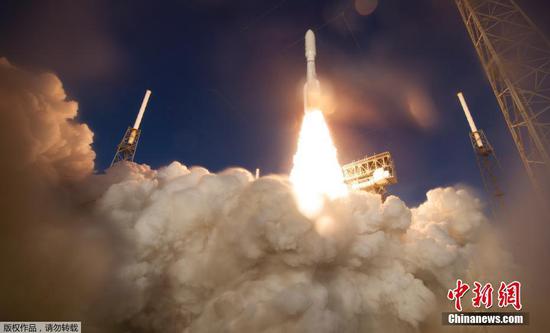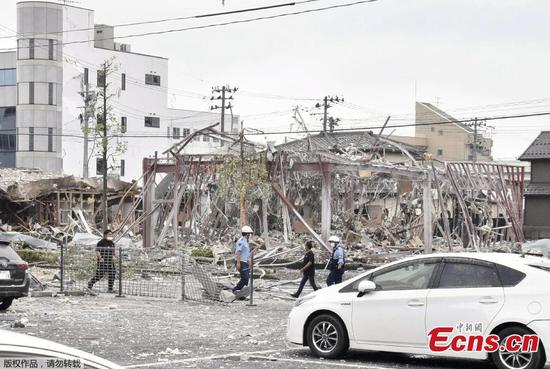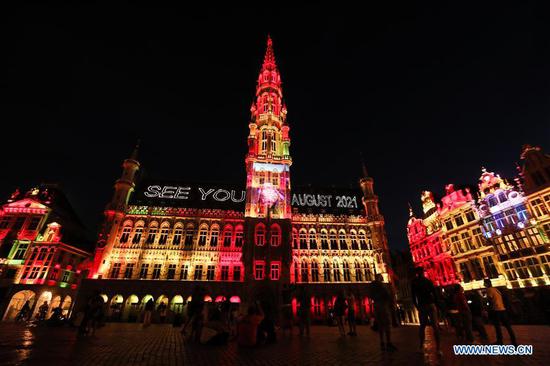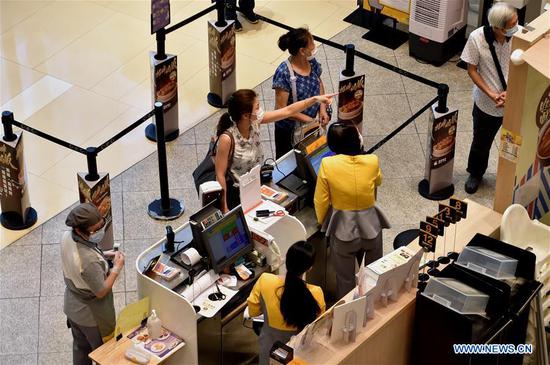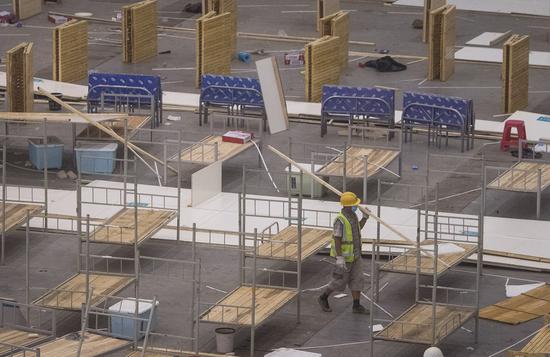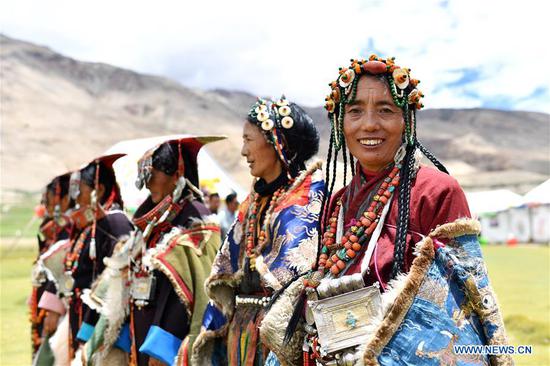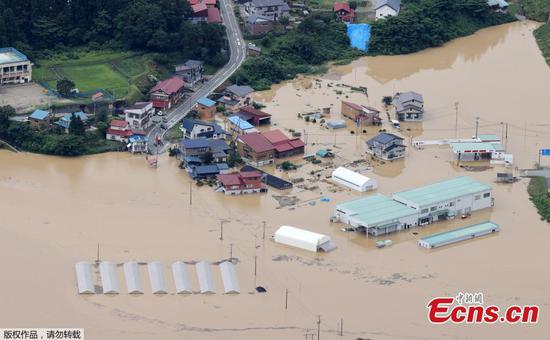China on Tuesday urged the United States to take the concerns of the international community seriously and clarify its overseas biological militarization activities.
Foreign Ministry spokesperson Wang Wenbin made the remarks in response to relevant U.S. biological militarization activities, which have caused great concern and raised many questions and objections.
Recently, media in the Republic of Korea (ROK) have repeatedly reported that the U.S. military stationed in the ROK have conducted activities violating the Biological Weapons Convention (BWC), and a large number of social groups there have demanded the closure of relevant U.S. military laboratories and the expulsion of relevant U.S. troops stationed in the ROK.
The United States has conducted activities of biological militarization in many countries which have indeed caused widespread skepticism and opposition, Wang said.
Those activities are not transparent. Many of the countries involved have no idea what the U.S. military labs are doing. The United States is the one that has conducted the largest number of biological militarization activities overseas, yet none of which is mentioned in the Confidence Building Measures materials submitted by the United States to the BWC, he said.
They are not safe. Many of their activities are closely related to high-risk pathogens. If any accident occurs, it will have disastrous consequences for the country concerned, its neighbors and the whole world, Wang said.
Meanwhile, they are unjustified. Looking around, only the United States, spearheaded by its military, is building biological labs around the world and collecting without restraint biological resources abroad, and only the United States is opposed to negotiating a BWC verification protocol, he added. "No matter how the United States explains it, it cannot justify itself."
"We urge the United States to be a responsible party, take the concerns of the international community seriously, clarify its overseas biological militarization activities, earnestly fulfill its BWC obligations, and stop being the only one that stands in the way of the negotiations on a BWC verification protocol," Wang said.










